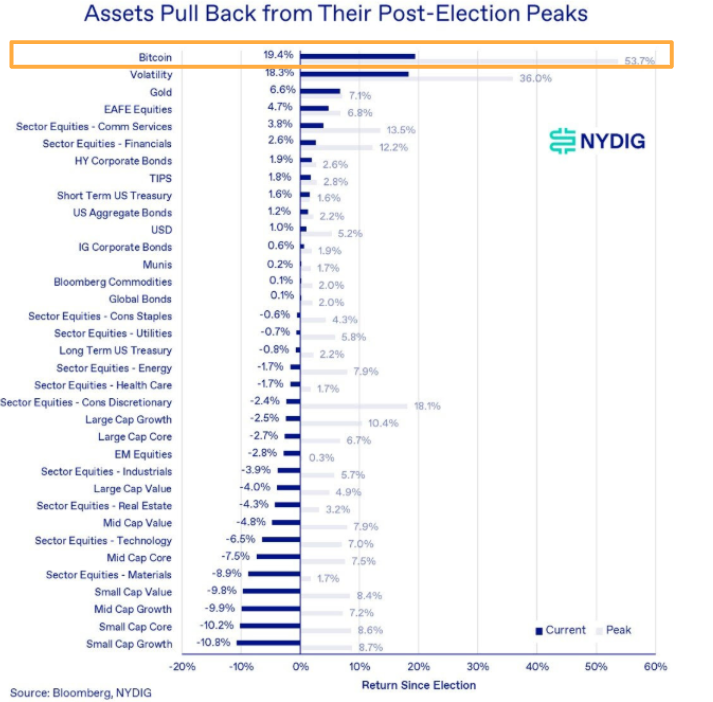Bitcoin Adoption in the EU Hindered by Fragmented Regulations, Analysts Say

Institutional Interest in Bitcoin Grows Slowly in Europe
While the United States moves ahead with clear regulations to integrate Bitcoin into its financial system, Europe continues to lag. Institutional adoption of BTC in the European Union remains slow, especially compared to the U.S., where policymakers are considering Bitcoin as part of national reserve assets.
U.S. Advances While Europe Stays Cautious
It has been over three weeks since former U.S. President Donald Trump issued an executive order on March 7, stating that cryptocurrency seized from criminal activities would be used to establish a federal Bitcoin reserve. However, European institutions have largely refrained from commenting on this initiative.
According to Elisenda Fabrega, general counsel at Brickken, a platform focused on tokenizing real-world assets (RWA), this hesitancy is due to Europe’s intricate regulatory environment. Unlike the U.S., the EU has not yet formulated a clear stance on whether Bitcoin should be considered a reserve asset.

Limited Institutional Participation in Europe
Despite Bitcoin’s strong performance in global markets, few European companies have disclosed significant BTC holdings or crypto-related services. Notable exceptions include:
-
BNP Paribas (France)
-
21Shares AG (Switzerland)
-
VanEck Europe
-
Jacobi Asset Management (Malta)
-
Bitpanda (Austria)
A recent survey conducted by Bitpanda found that many European financial institutions may be underestimating crypto investor demand by up to 30%.
Regulatory Challenges and Conservative Strategies
Analysts at Bitfinex point out that Europe’s slower adoption is due to its fragmented regulatory landscape and the conservative nature of investment mandates. Many institutional investors, including pension funds and large asset managers, remain hesitant to allocate funds to Bitcoin due to unclear regulations and risk aversion.
Beyond regulatory obstacles, European retail investor participation in Bitcoin is also significantly lower than in the U.S. Iliya Kalchev, an analyst at digital asset investment platform Nexo, explains that Europe generally takes a more conservative approach to adopting new financial instruments. This contrasts with the U.S., where a more liquid and unified capital market, alongside strong retail demand, helped drive the rapid adoption of spot Bitcoin ETFs.

Potential for Growth as BlackRock Enters the Market
The recent launch of BlackRock’s Bitcoin exchange-traded product (ETP) in Europe on March 25 could encourage more institutional investors to enter the market. As the world’s largest asset manager, BlackRock’s involvement might signal growing confidence in Bitcoin within the European financial sector.




